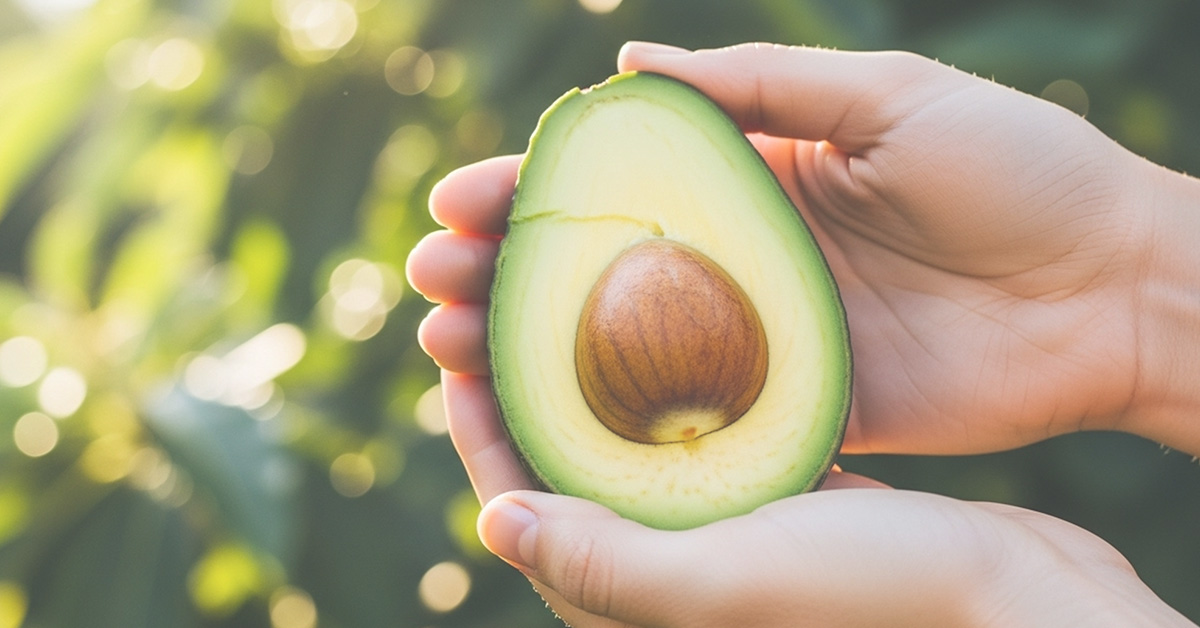Western Australia has been officially declared free of Queensland fruit fly (Qfly), a significant achievement that safeguards the state’s $1.49 billion horticultural industries and the viability of countless agritourism businesses. The successful eight-month eradication campaign in Perth’s southern suburbs is a powerful demonstration of the effectiveness of the state’s biosecurity defences and highlights the critical importance of ongoing vigilance for all agricultural operators.
The detection of Qfly in Willagee and Palmyra in November 2024 triggered an extensive response from the Department of Primary Industries and Regional Development (DPIRD). The pest, which attacks over 300 species of fruits and vegetables, poses one of the most severe threats to the state’s agricultural sector. Had it become established, it would have jeopardised access to key export and domestic markets, with devastating economic consequences.
The Direct Impact on Agritourism Operations
For agritourism businesses, particularly those with U-pick operations, farm shops, or that supply farm-to-table restaurants, a Qfly outbreak represents an existential threat. It would not only impact crop yields and quality but could also trigger strict quarantine and movement restrictions, severely disrupting operations and visitor experiences. The successful eradication means that the significant quarantine area, which spanned a 15-kilometre radius and 22 local governments, has now been lifted.
Agriculture and Food Minister Jackie Jarvis commended the collective effort that led to this outcome.
“This achievement is thanks to an enormous effort by residents, businesses and local governments in our southern suburbs, along with the Perth Markets who faced a number of quarantine restrictions to ensure we could eradicate this pest as quickly as possible,” she said. The response involved visiting over 12,000 properties and deploying more than 10,500 fruit fly lures.
A Reminder of the Need for Constant Vigilance
While this eradication is a success, it serves as a stark reminder of the constant biosecurity threat facing Western Australia. This is the tenth time since the 1980s that Qfly has been successfully eradicated from the Perth area, underscoring the persistence of the pest and the importance of the state’s early warning surveillance network.
For WAAA members, this reinforces the need for robust on-farm biosecurity protocols. This includes managing visitor access, ensuring the responsible disposal of fruit waste, and actively monitoring crops for any signs of pest activity. The Minister stressed the importance of continued community involvement in this surveillance.
“I encourage all Western Australians to remain vigilant and continue to report any unusual animal or plant pests via the MyPestGuide Reporter app,” Minister Jarvis stated.
“The quicker we identify a pest or disease the better chance we have of containing and eradicating it.”
The successful outcome of this Qfly response is a testament to the state’s biosecurity system, but it is a system that relies on the active participation of every landholder. For the agritourism sector, this vigilance is a core responsibility in protecting both individual businesses and the broader industry.

Leave a Reply